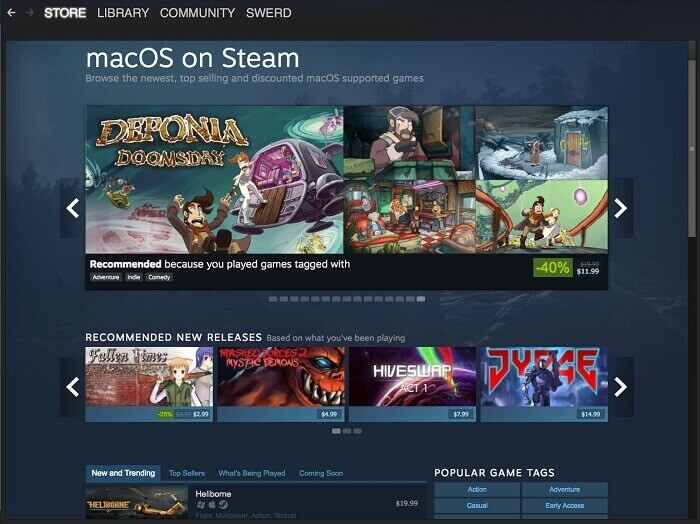Skin betting is a practice that has shot up in popularity in recent years, after the advent of a new policy by Steam enabling users to purchase skins from their website for use in the game. This was followed by another new policy that let players start to trade these skins amongst themselves and therefore also to gamble them.
The skin betting industry is estimated now to have around $5 billion worth of items in circulation so it’s understandable that it has come under a lot of scrutinies recently, with many skin-betting websites and online gaming personalities now starting to be held accountable for malpractice.

To understand the ethically questionable undertones of skin betting, it is first important to know what it is.
Skin betting is the usage of in-game items to gamble on the outcome of sports tournaments. Just like you would use a TVG promo code to bet on horse races. The most frequent games that use these kinds of items are Counter Strike Global Warfare and DOTA 2. Your inventory in these games is king when it comes to winning, as the better the items you have, the more damage your character can dole out and the more strategic moves you can play.
Where the betting comes in is when third party websites provide a platform for gamers to gamble the items, or “skins” that they’ve procured in their inventory while taking a cut from each party for having enabled the transaction. Each item often has a numerical value, as they can be bought on Steam for differing prices, and the rarity of the item makes it a more valuable wager. As these items each have a genuine monetary value and can be liquidated back into cash, skin betting is effectively the same as betting with real money.
The reason that skin-betting starts to become very ethically dubious is because there is no entity in place to regulate the gambling – minors under the age of 18 and even under the age of 13 are often able to gamble without issue nor supervision.

Where it then starts to become illegal is when third party websites enable this form of gambling without a license. This now enters into the realm of unregulated gambling which is illegal in every sport in the world, as you start to see match-fixing from people who want to profit from the outcome of the match and their bet.
Because skins are not technically money, the betting industry around eSports has not been as prudently cracked down upon by authorities and the gambling commission as many physical sports. However, people are now calling for tighter controls on the industry.
So is your bet illegal? Well, that totally depends. If you are under the age of 18 then absolutely your bet is illegal. However, f you are over 18 your bet is only illegal if you use the wrong affiliated website to bet with. As long as you are sure that the bookmaker you’re betting your skins with is a licensed operator, you aren’t doing anything that could be deemed as being against the law.